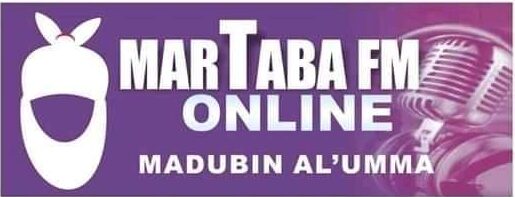By Mohammed Lawal, Bauchi
A Bauchi based Non Governmental Organisation (NGO), Women Development Association for self Sustenance (WODASS), Tuesday urged the state government to consider the establishment of a Water Regulatory Commission in an effort to reduce epidemics of water-borne diseases and improve the lives and health of citizens.
The association’s programm manager, Mr Sukumun Ezekiel gave the advice at a press conference on improving Response to COVID-19
and other infectious diseases in Bauchi State through hygiene behaviour change held at NUJ Press Center, Bauchi.
For Ezekiel, the establishment of the commission will lead to quality water supply, effective monitoring of the water corporation, improved service delivery and revenue generation through utility water bills.
He called for domestication of the National WASH COVID-19 guidelines with the involvement of the Bauchi State Task Force on COVID-19 and advised the state government to work with the Ministry of Water Resources to implement the revised WASH policy, operationalise the State WASH Action Plan and the M&E framework for improved sustainable delivery of water, sanitation and hygiene services to address acute water and sanitation needs for the vulnerable population.
He stressed the need for the government to expand WASH services to low-income settings and urban slums – both during the response and beyond, taking into consideration the specific needs of women, children, and people with disabilities and ensure that routine sustainable water, sanitation and hygiene interventions are provided in communities and LGAs with poor access, especially those with endemic trends.
“The Bauchi State Government and Local Governments should widen the scope of the hygiene behavior change campaign to include hygiene education that focuses on key behaviors such as respiratory hygiene, handwashing, physical distancing, safe excreta disposal, water storage and COVID-19 vaccine uptake.
“Scale-up WaterAid’s Clean Family Campaign to all local government areas across the three senatorial zones of the state and ensure personal and environmental hygiene are at the core of immediate response plans. WaterAid’s Clean Family Campaign therefore seeks to influence the adoption of good hygiene behaviours at critical times by family units-which will lead to improved wellbeing and a clean community, which in turn leads to a clean local government, clean state and ultimately a clean Nigeria.”
The program manager advocated for the review of the state budget to adequately reflect prevention strategies for infectious diseases such as cholera, Lassa fever and COVID-19 by ensuring that allocated funds are released and implemented accordingly to reduce over dependence on donor agencies.
“With good hygiene practices recommended as the First line of defence in the prevention of COVID-19 and other infectious diseases, Bauchi State is currently performing below average in the provision of water, sanitation and hygiene services. The Water, Sanitation, Hygiene National Outcome Routine Mapping Survey 2021 (WASHNORMS 2021) shows that 81% of the people in Bauchi State lack access to basic hygiene services, while 21% still practice open defecation, an act which pollutes the environment and water bodies, contributing to the consumption of E.coli contaminated water by 74% of the population.”
Ezekiel described WASH as critical in maintaining the dignity of human life and keeping communities healthy and productive, and emphasized that the government must continue to promote disease prevention through the promotion of good hygiene practices, while also putting measures, especially infrastructure, in place to ensure that people are able to practice and sustain good hygiene behaviours.
